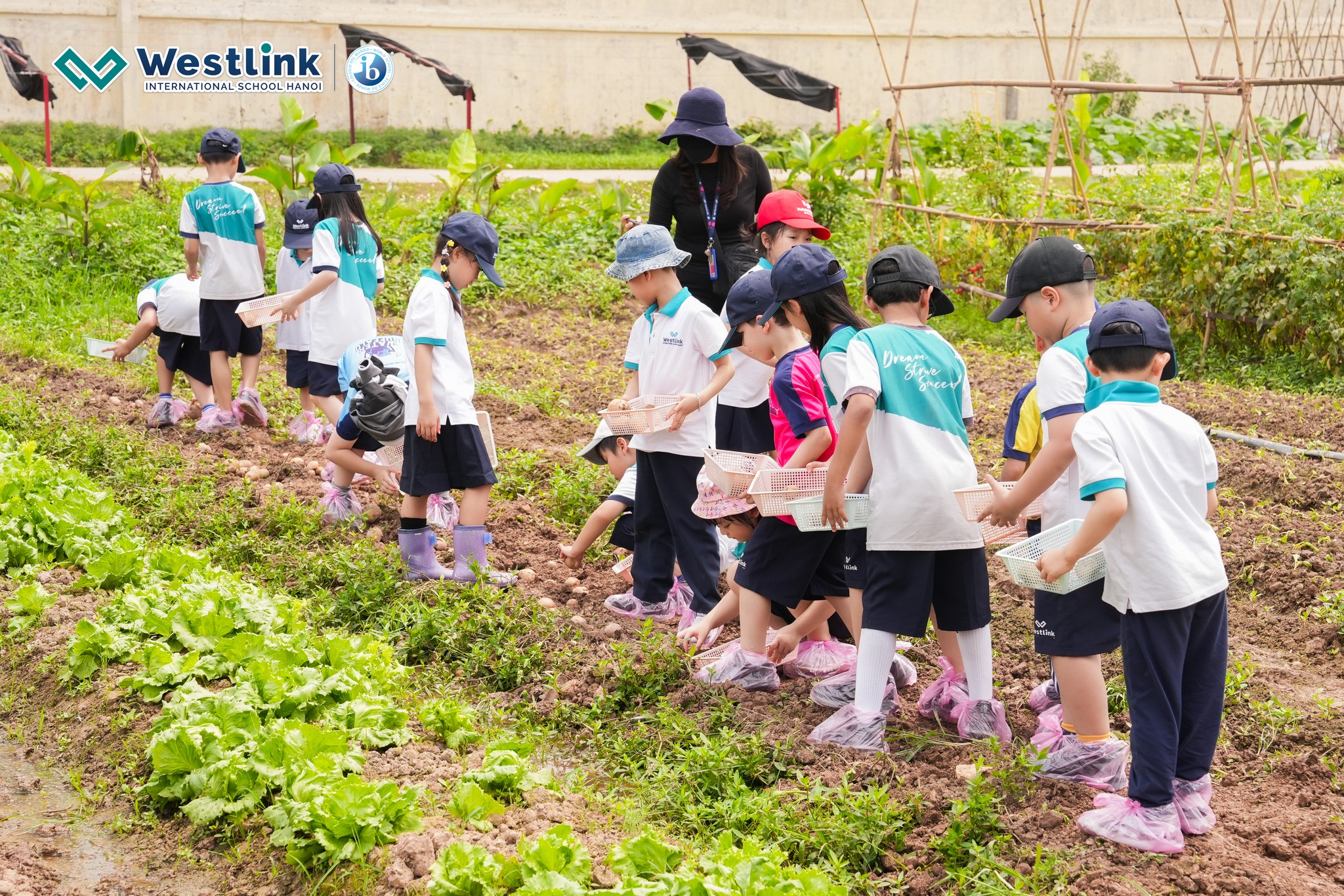Last week, the Grade 1 field trip to iFarm gave students an unforgettable, hands-on learning experience as part of their Sharing the Planet unit. This unit focuses on food and its origins, encouraging students to explore where food comes from and how it is produced. At iFarm, an organic farm designed to reflect the “vegetable garden, lake, cote” model, students had the opportunity to connect classroom learning with real-world activities.
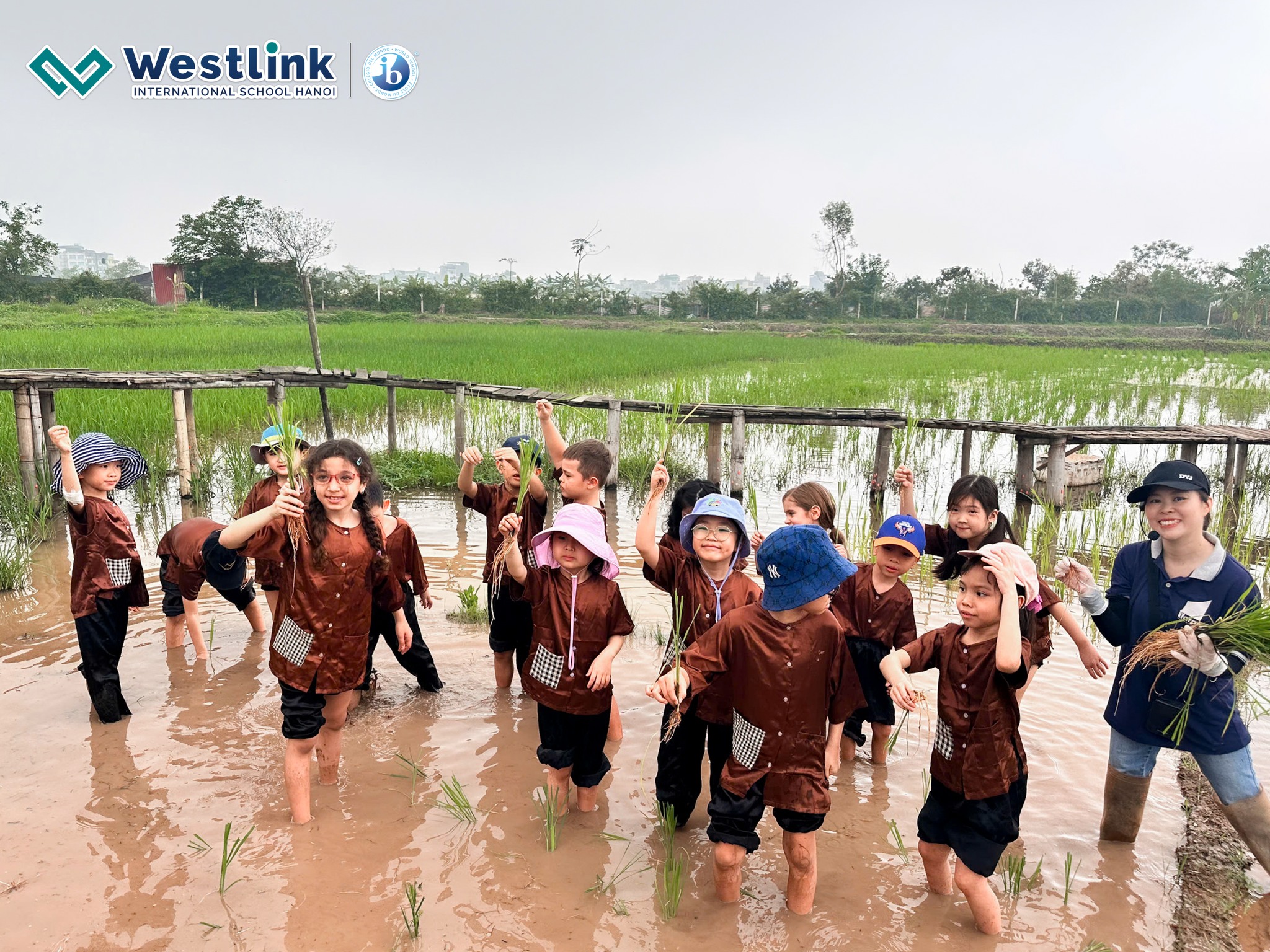
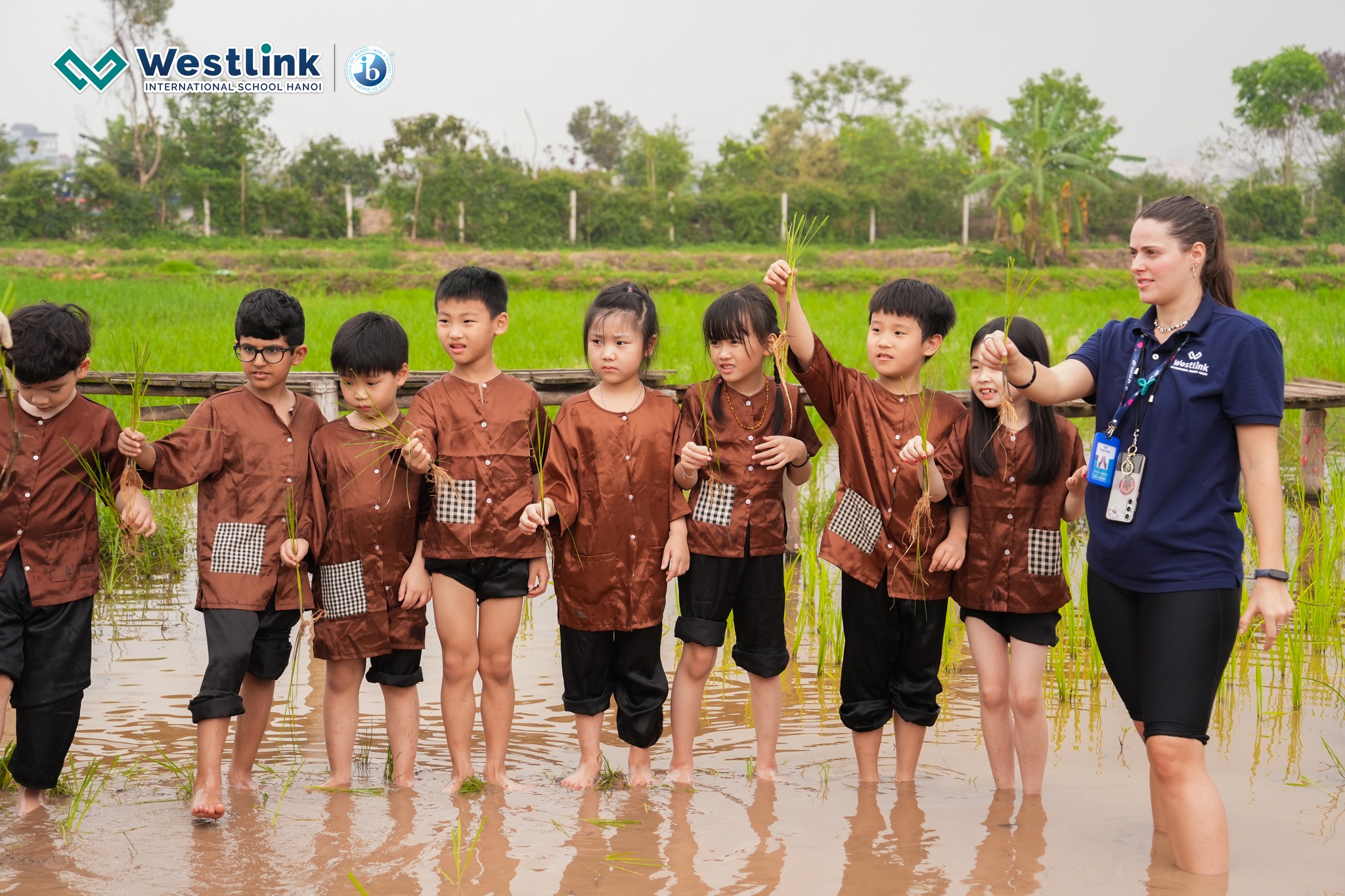
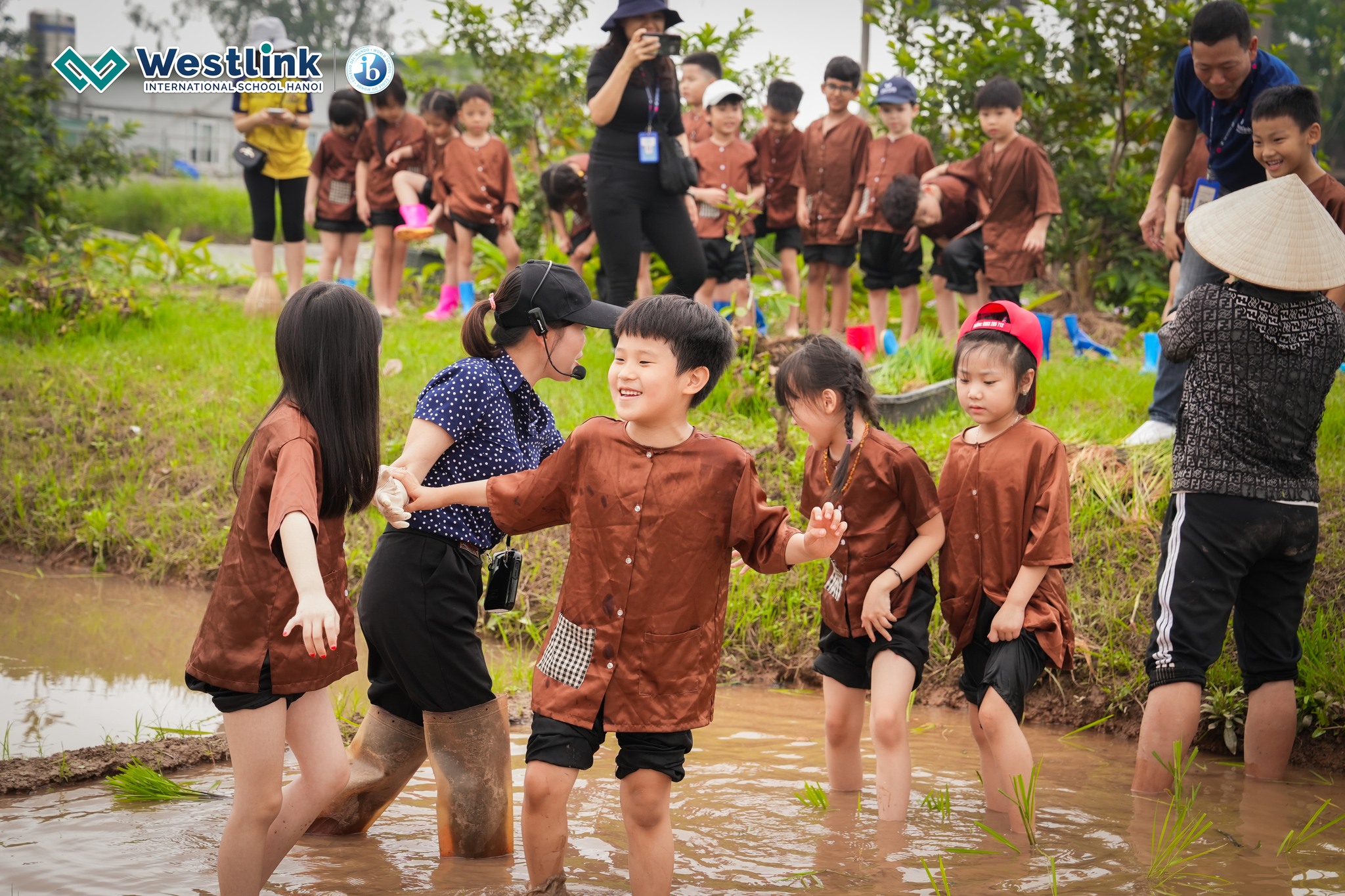
During the visit, students got their hands dirty planting rice, catching fish, and harvesting a variety of fresh vegetables. These activities allowed them to explore the interconnectedness of nature, farming, and food systems. One of the most memorable moments of the day was stepping into a real rice paddy—muddy, slimy, and full of laughs! It was a sensory-rich experience that brought textbook lessons to life.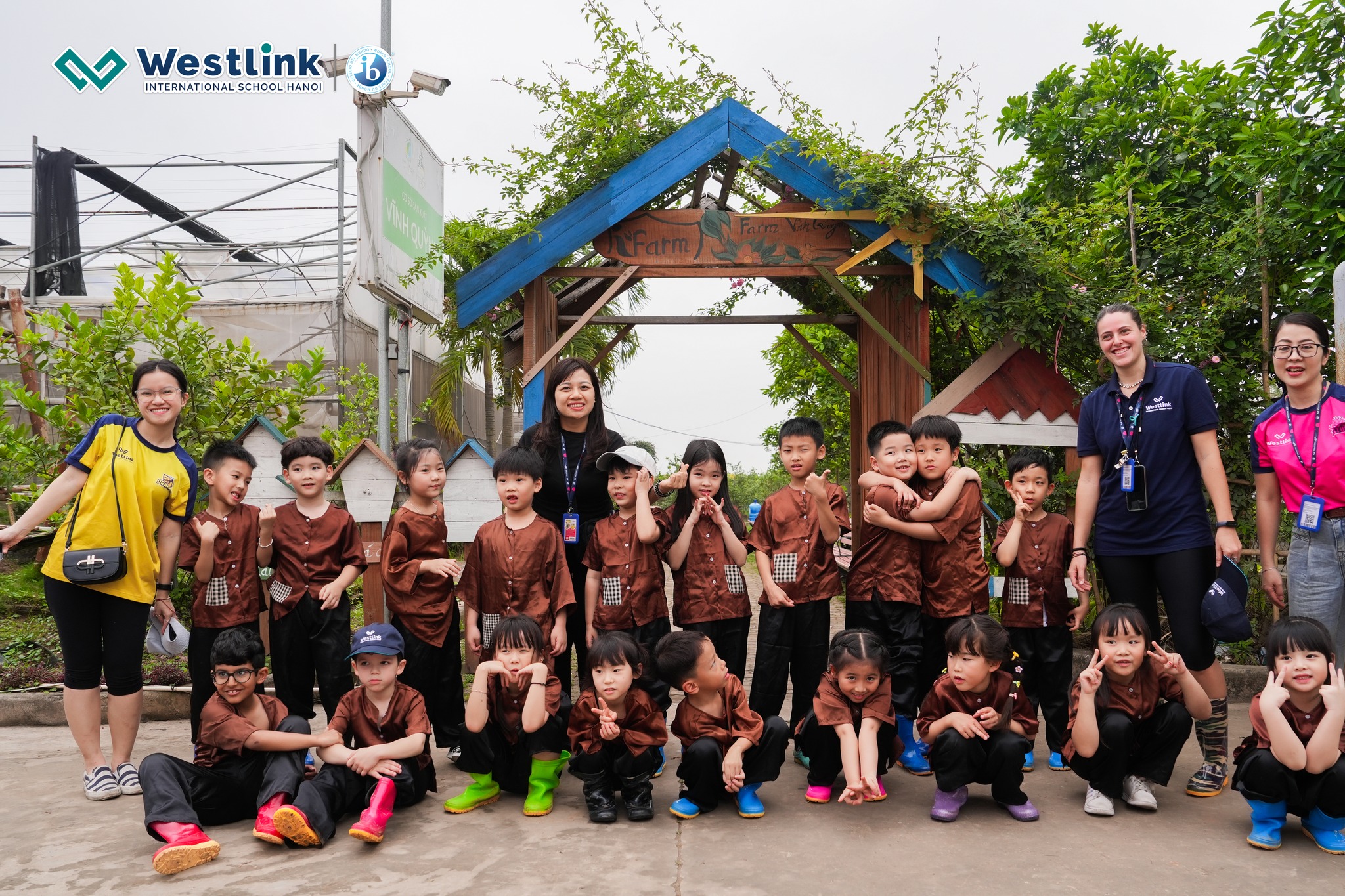
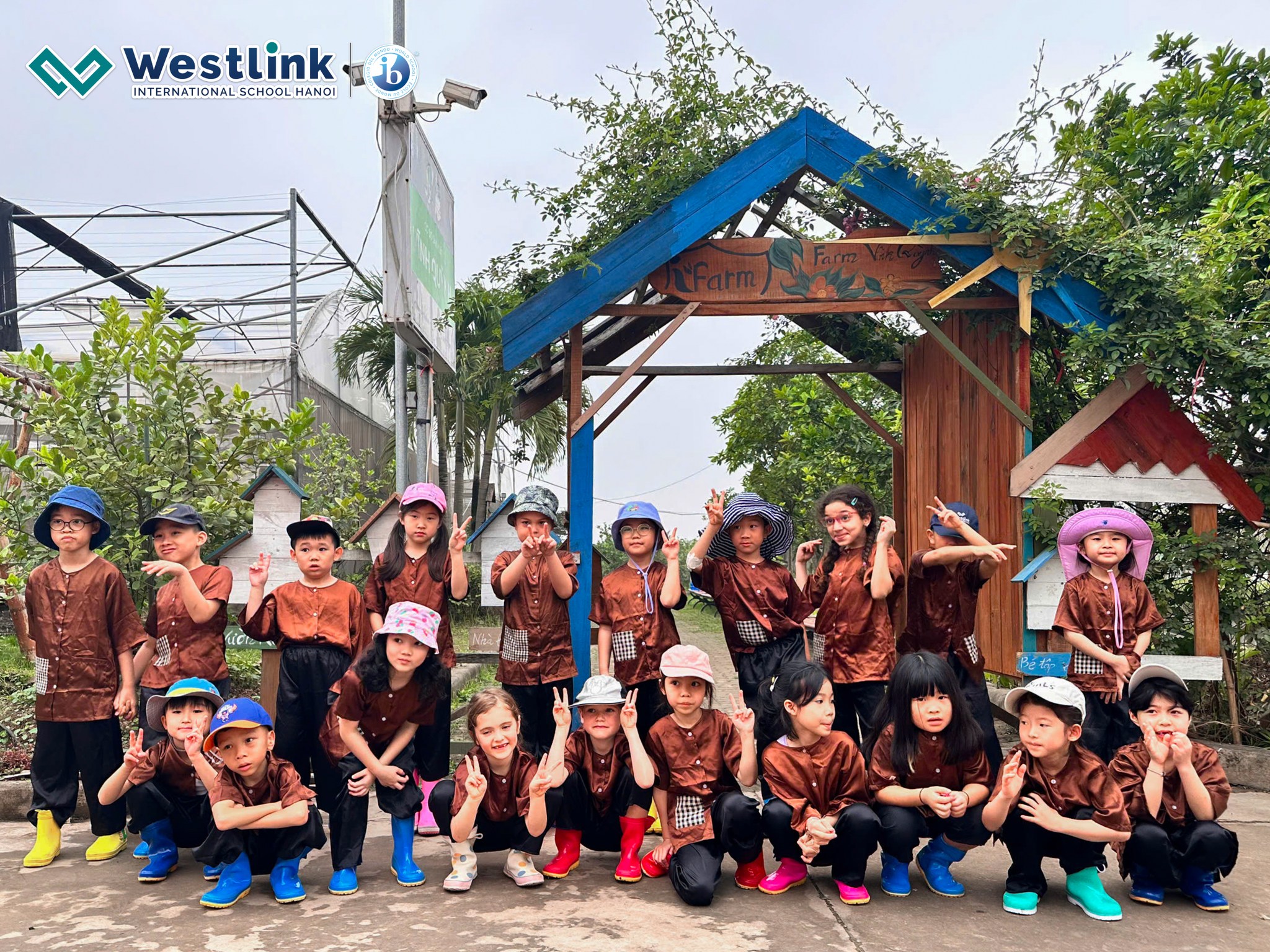
By engaging directly with the farming process, students developed a deeper appreciation for the environment and the effort required to grow the food we eat every day. Teachers noted how excited the children were to ask questions, share observations, and reflect on what they learned.
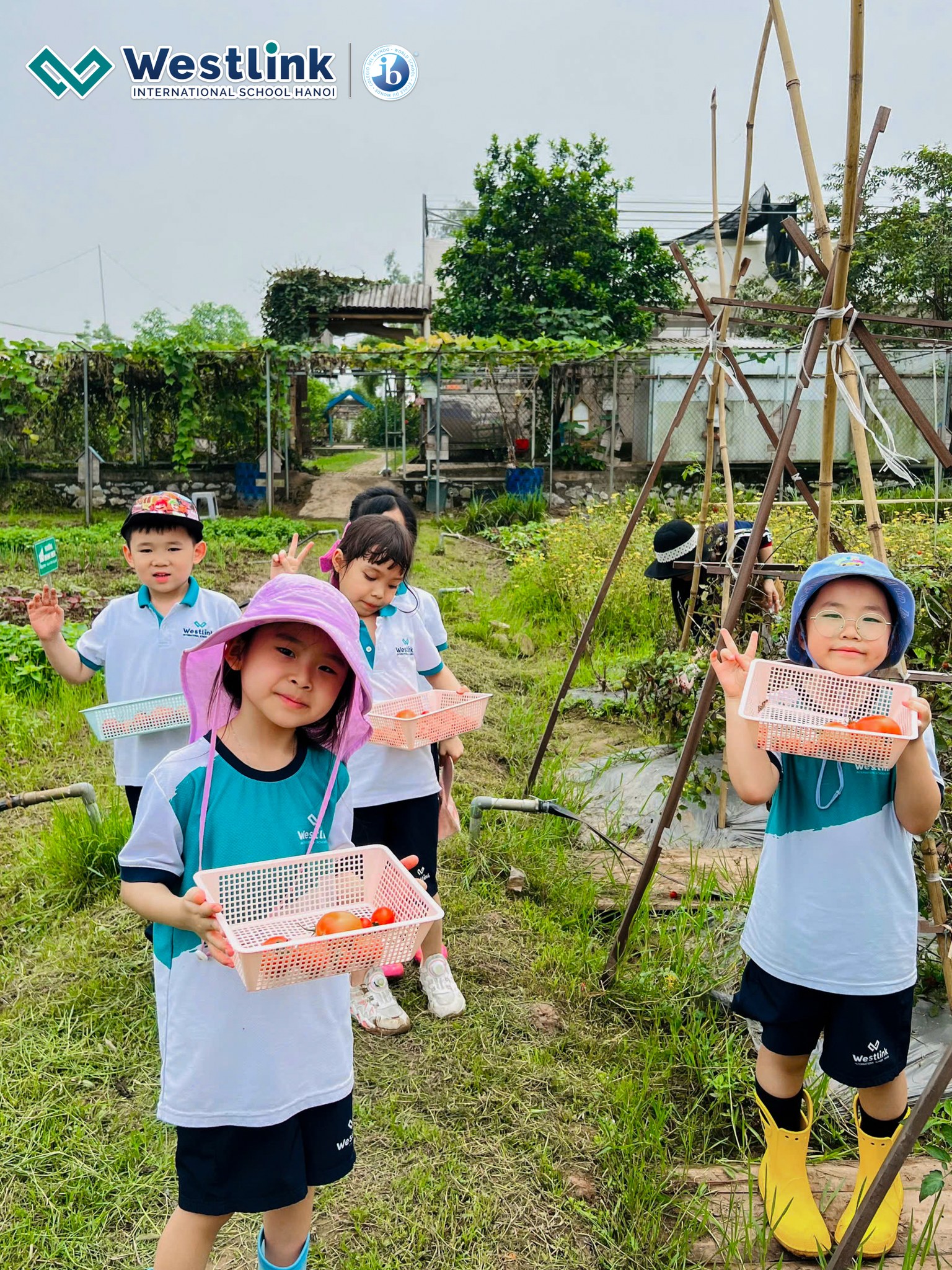
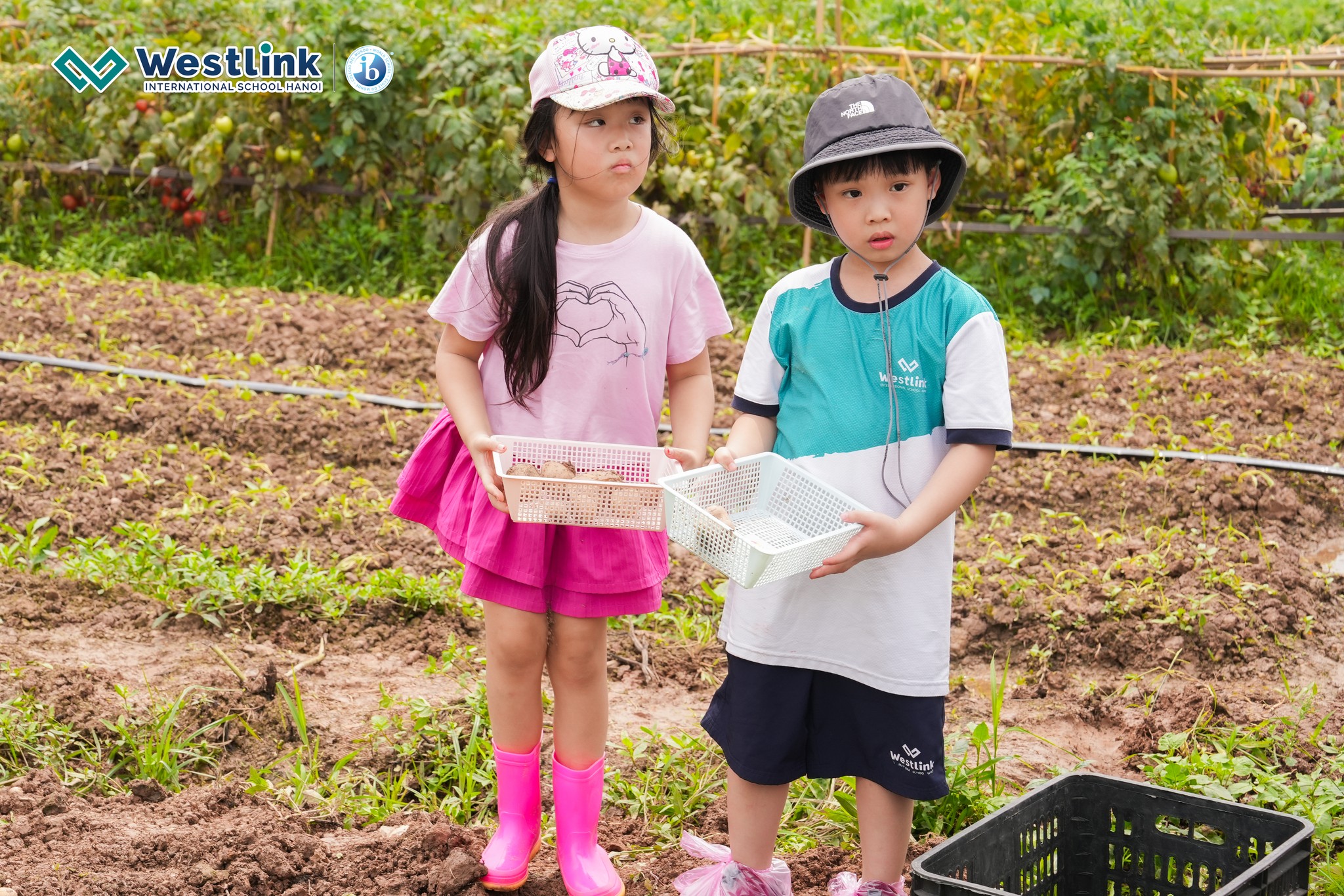
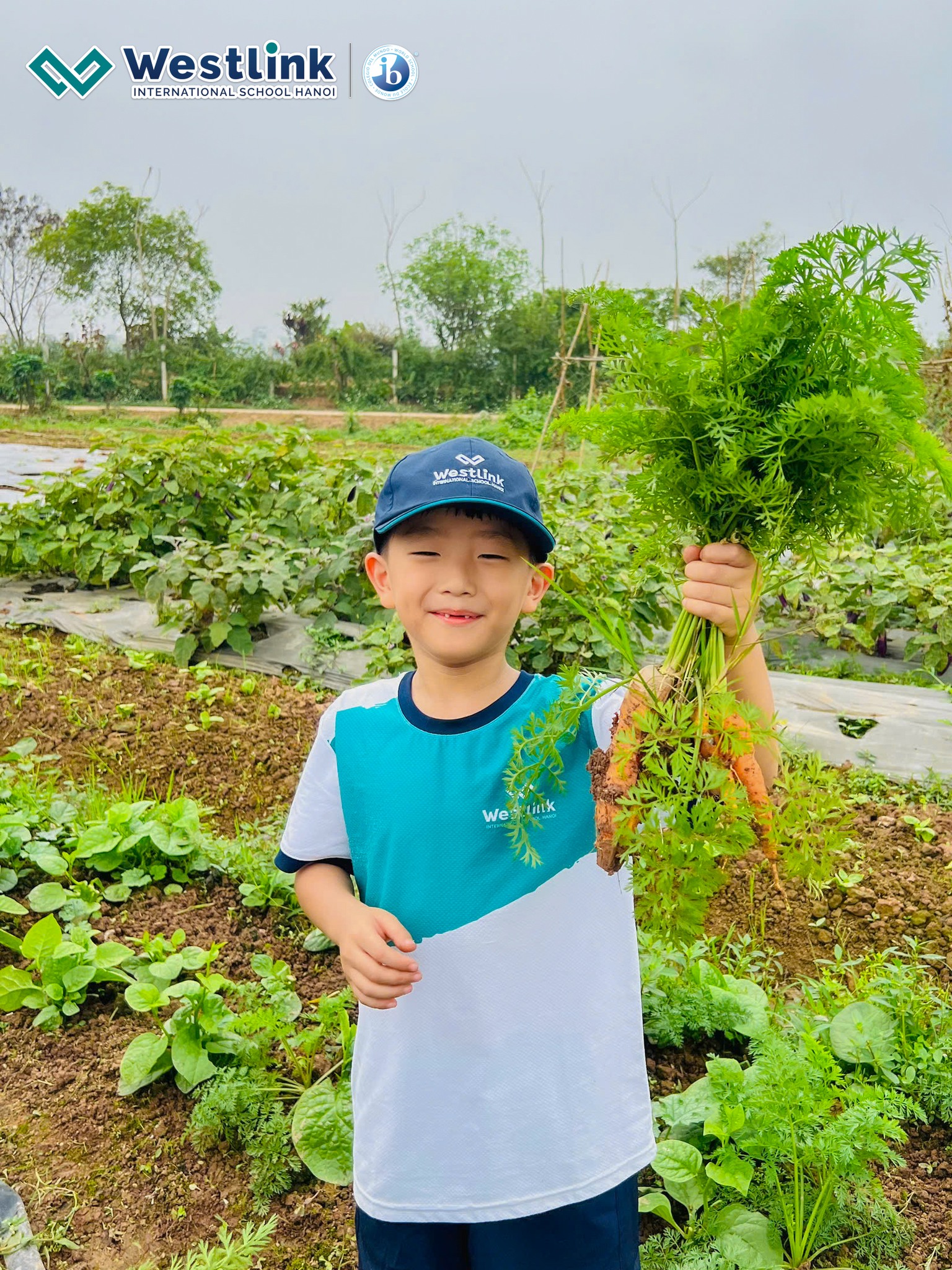
The Grade 1 field trip to iFarm not only enhanced their understanding of natural resources and sustainability but also supported key elements of the IB Primary Years Programme (PYP), such as inquiry-based learning and real-world connections. At Westlink, we believe the best learning happens outside the classroom when students are encouraged to explore, investigate, and experience the world around them.

